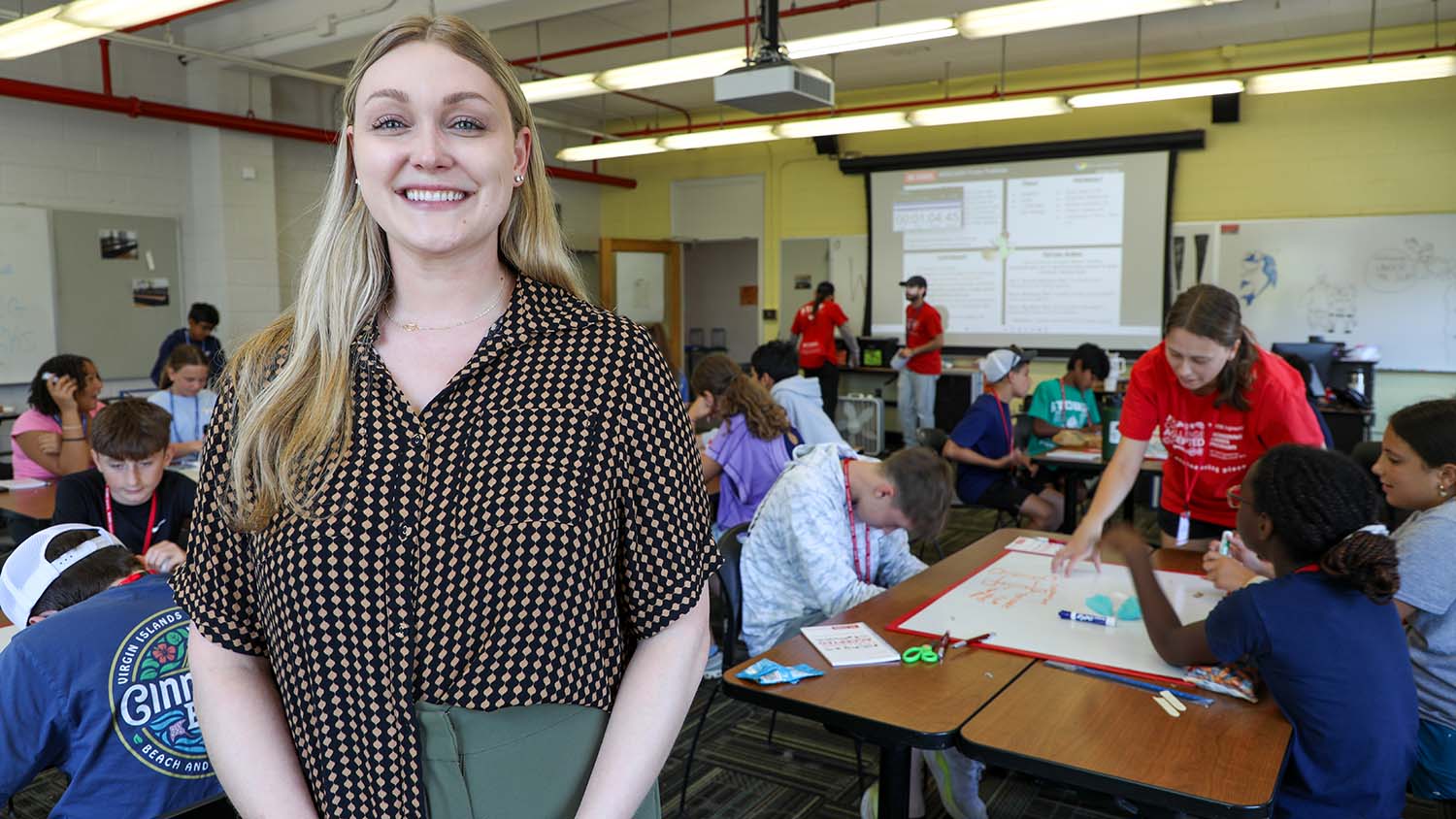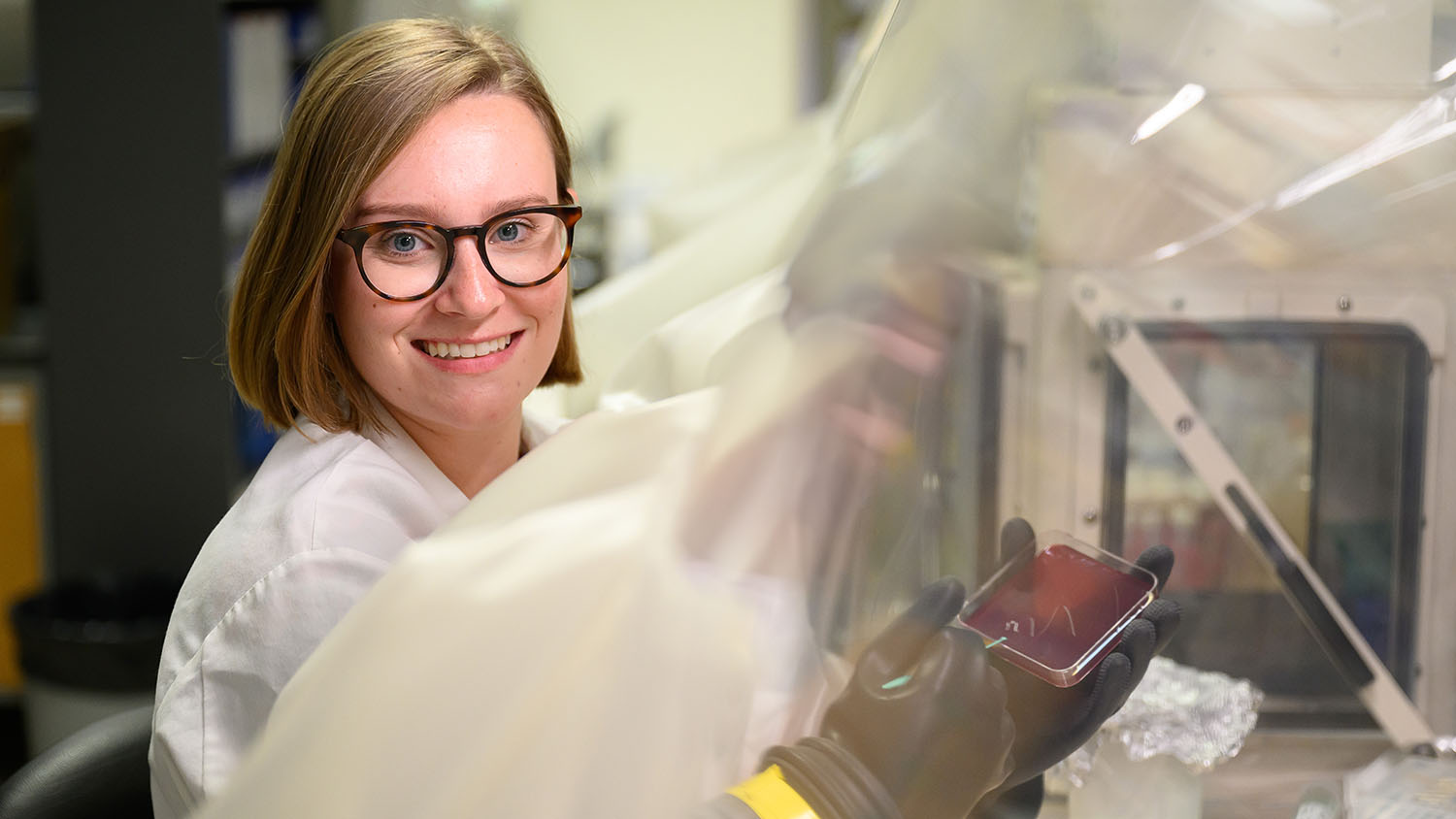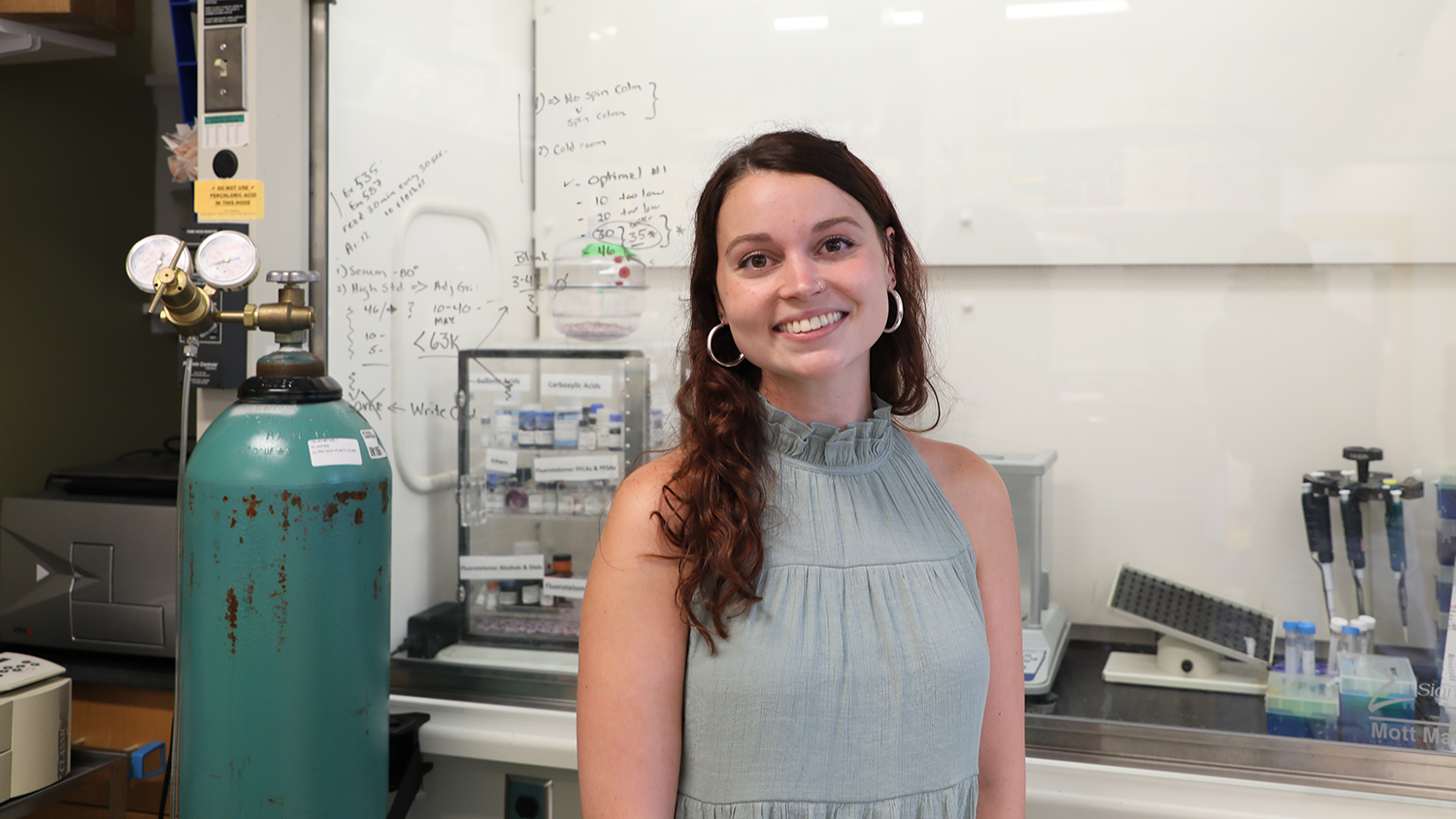Grad Student Profile: Russ Nelson
This U.S. Army Veteran is using his time in graduate school to help ensure mission success.
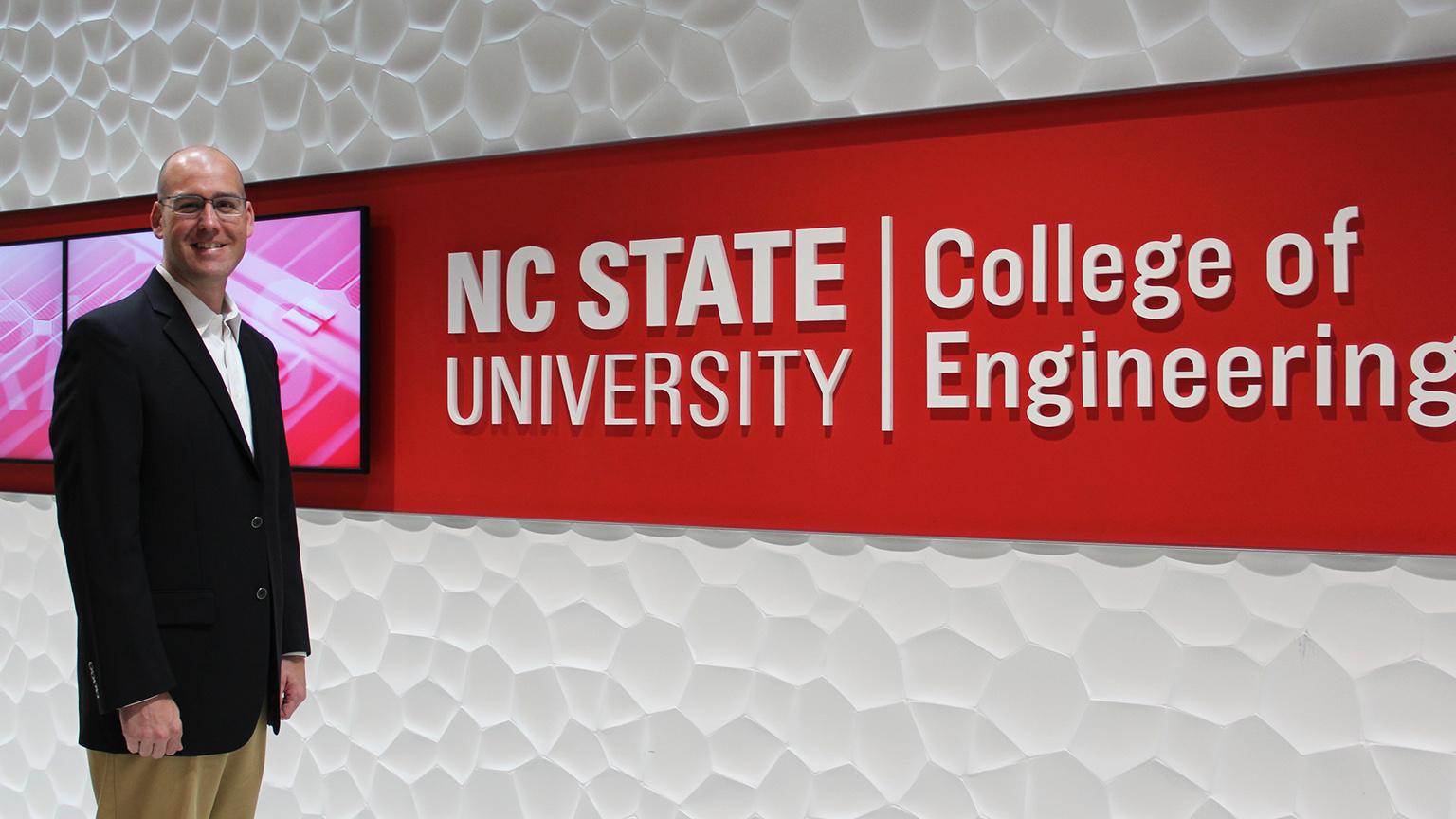
Meet Operations Research Doctoral Candidate and U.S. Army Veteran Russ Nelson.
Nelson is a Ph.D. student in the Operations Research Program in the College of Engineering whose research focuses on Army aviation air movement operations automation for the mission planner and stochastic optimization of helicopter allocation to task forces. Nelson is using his military experience to shape his research and graduate journey.
Tell us about your military background and how it lead you to seek a graduate degree.
I graduated from the United States Military Academy in 2005. I was commissioned as a second lieutenant and an aviator. So I flew Blackhawks for the first seven years of my Army career. I switched over to an Operations Research Systems Analyst, which was more of an operations research job in the army. I went to graduate school to get a master’s in applied mathematics from the Naval Postgraduate School. I taught at the United States Military Academy, Department of Mathematical Sciences, for three years. As far as how I got here to NC State I applied to return to West Point to teach in the math department and part of that was an opportunity to attend a graduate school and earn a Ph.D., and so that’s how I ended up here.
Tell us about your research.
It’s about a transportation problem, but it’s a transportation problem that I have encountered personally. During my second deployment to Iraq, I flew Blackhawks, mainly moving people from point A to B. So, one of the things that I was put in charge of was our air mission requests (AMRs). Air mission requests are when units can request soldiers to be moved from point A to point B. These requests can be made right now, in the future, at a specific time period, or maybe there’s a priority listed with them. There are a number of reasons these requests come in and can be made. There were at any time stacks and stacks of these permission request that we had to deal with and I had to figure out how to assign these AMRs to these helicopter teams and then optimally route them, which was more about what are the feasible routes and can I move all these soldiers and get all these AMRs supported? Not only supported but in the best way possible, and that was a big challenge. Filling these requests was left to a few soldiers and me. We had a map and just our best ability. We didn’t have any technology to aid us in these requests. So I contacted people that understood this challenge, various people I knew when I was an aviator, and I asked them if there was a technology that was helping, and the answer was no. My research is focused on finding a way to develop a model or heuristic that could help them with this problem.
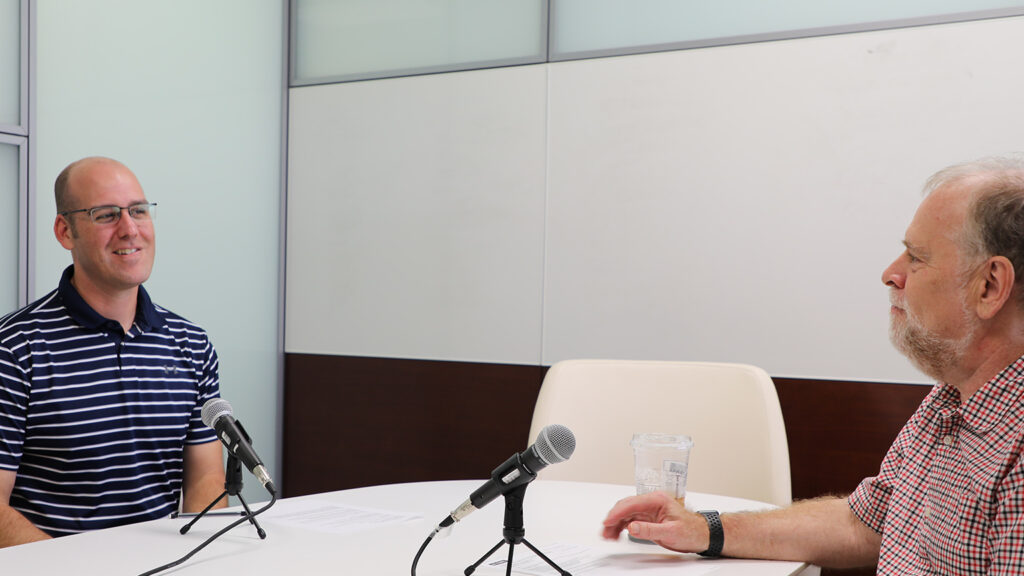
What’s something that you’ve learned since your time in graduate school that goes beyond the content that you can apply in your daily life and career?
So I think there are different points in a Ph.D., that you’re learning different things. So I’ve learned a number of things, but one of the things I’ve learned that will help me in my professional career, and my teaching career is how to communicate your problem, your strategy and your results. Because when you’re a Ph.D. student you are the subject matter expert of your problem.
What do you think is an added benefit of an NC State doctoral education?
NC State certainly has a world-class engineering school. People may not know about the operations research program specifically, but they certainly know about the industrial systems engineering program as it’s known nationwide. I like that it’s a degree that I’ll be able to use in my career, especially when I go back to West Point as a senior faculty member.
Listen to the Graduate School Demystification podcast episode featuring Russ Nelson.
- Categories:
